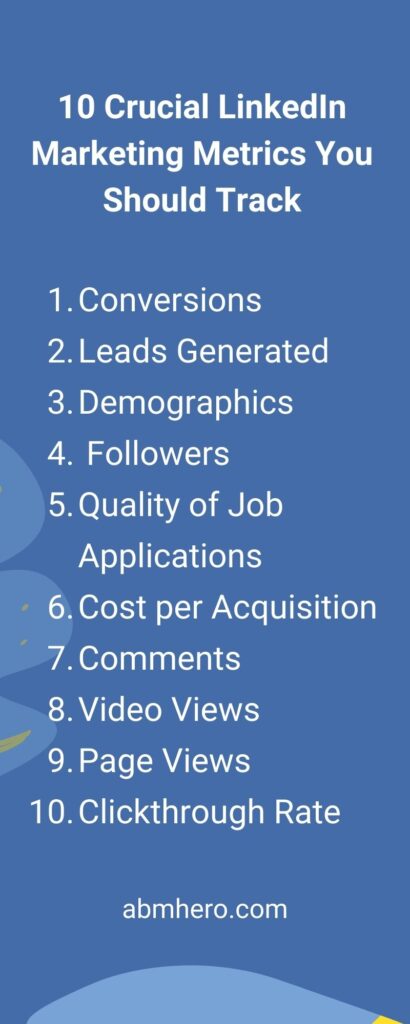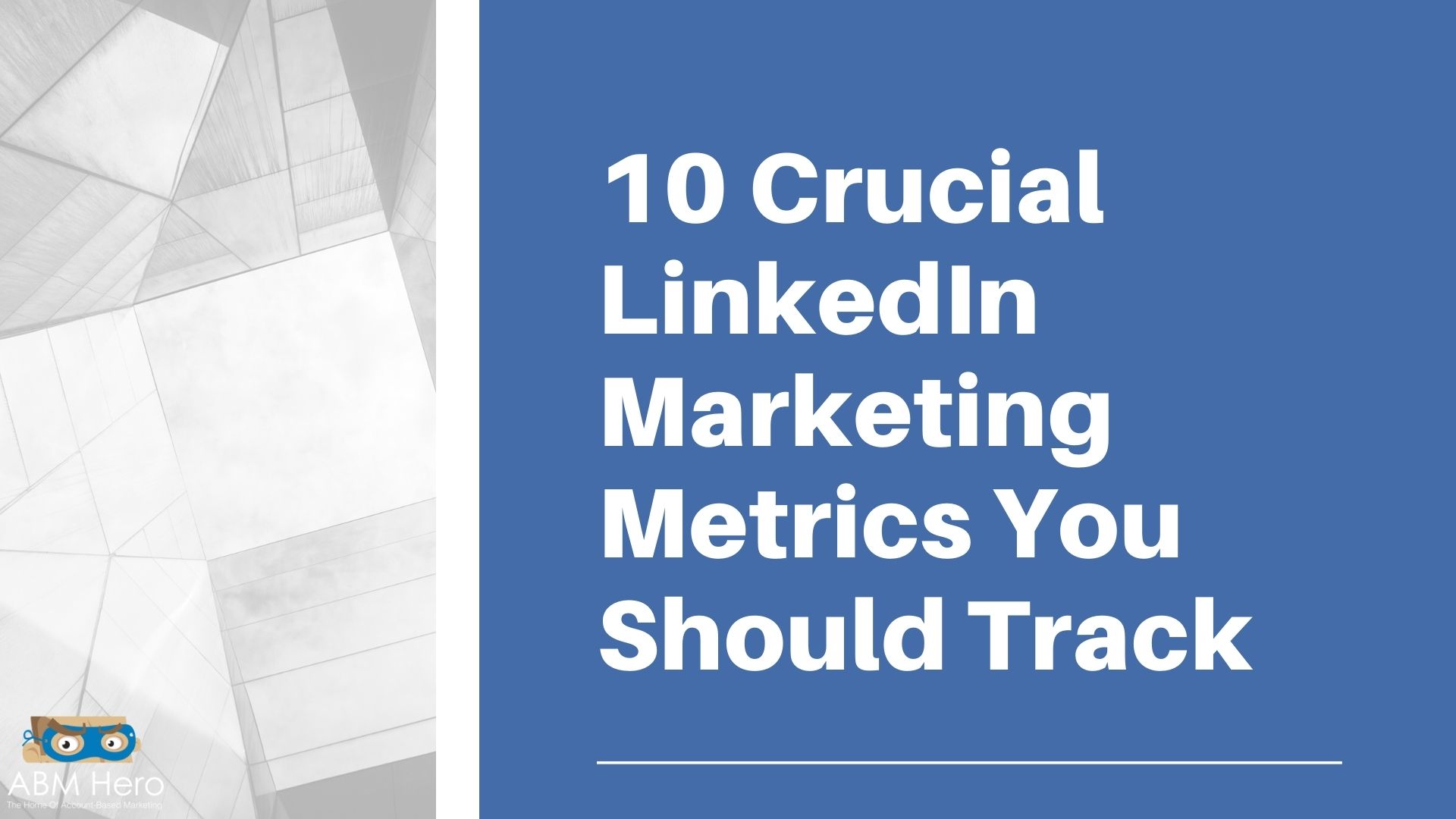As the world’s largest professional network with over 660 million members, LinkedIn provides a unique opportunity for B2B businesses to connect with their target audience.
But with so many members and so much data, it can be challenging to know where to start.
We’ve put together this list of 10 crucial LinkedIn marketing metrics that you should be tracking.
By monitoring these metrics, you will identify what’s working and what’s not and adjust your strategy accordingly.
Why is it Important to Establish a Metric?
In business, we often talk about the importance of data and analytics. What does that really mean? One fundamental principle is that you can’t track what you don’t measure.
In other words, if you want to improve your marketing efforts, you need to be able to track and measure your progress. It is particularly relevant in the world of B2B marketing.
Because businesses are complex, with many different moving parts, it can be complicated to know which marketing strategies are working and which aren’t.
Establishing marketing metrics is key to understanding whether your account-based marketing efforts are successful. By tracking the right metrics, you can make data-driven decisions to improve your campaigns and ROI.
Challenges in Establishing a Metric
There are a few common challenges that marketers face when establishing appropriate marketing metrics. It can be difficult to identify which metrics are most important to track.
Even if the right metrics are being tracked, they may not be captured in a way that allows for easy analysis.
Also, marketing campaigns can be complicated, and it can be crucial to isolate the impact of individual marketing activities on overall performance.
10 Metrics You Should Keep an Eye On

Conversions
Conversions are the action of turning a LinkedIn user from a casual browser into a paying customer.
It is done through a number of methods, such as providing gated content that is accessed after providing contact information or by using LinkedIn Ads to drive traffic to a landing page.
However, conversions are not always about making a sale; sometimes, the goal is to get the user to sign up for a newsletter or download a white paper or e-book.
Whatever the goal, the key is to create a clear path to the desired action and use effective calls to action and targeted content to make the conversion process as smooth as possible. Check out how you can target your prospects on Linkedin.
Conversion rate is one of the most important metrics to track when using LinkedIn for marketing purposes. There are a few different ways to measure conversion rates on LinkedIn. It’s either to track the number of generated leads from LinkedIn.
To do this, you can use a lead capture form on your LinkedIn profile or use LinkedIn Insights to track the number of leads that come from your profile.
Or to measure conversion rate by tracking the number of sales generated from LinkedIn.
You can use a sales tracking system such as Salesforce or LinkedIn Insights to track the number of sales coming from your profile.
Leads Generated
Leads generated with LinkedIn marketing are potential customers identified through LinkedIn marketing tools and techniques.
These techniques include using LinkedIn groups, connecting with potential customers through mutual contacts, and viewing potential customers’ profiles.
By using these tools, businesses can identify potential customers and then take the necessary steps to connect with them and eventually sell their products or services.
Demographics
If you’re not targeting the right demographic with your campaigns, you’re bound to see little to no return on investment. That’s why it’s really important to take the time to measure the demographics in your account-based marketing campaigns.
Thus, you can ensure that you’re reaching the right people with your message and driving the results you need to achieve success.
Followers
LinkedIn is one of the most popular social networking platforms for professionals. It denotes that the number of followers is a good indicator of your reach and influence within your industry.
Followers can provide valuable leads and connections. If you have plenty of followers, it’s likely that you’ll have access to a wider network of professionals.
Not to mention, followers can help you build your brand and reputation. If you have a lot of followers, it shows that you’re an authority in your field.
Job applications
It can be valuable information when choosing how to use your profile to attract quality candidates.
Additionally, tracking the number of quality job applications you receive can help you gauge the effectiveness of your profile in attracting the right kinds of candidates.
If you’re not receiving as many quality job applications as you’d like, it may be time to modify your profile.
Cost-Per-Acquisition
CPA is a metric for business as it allows them to see how much they are spending to acquire new customers or sales and whether or not that spend is worth it.
To calculate CPA, divide the total cost of acquiring new customers or leads by the number of new customers or leads. For instance, if your total cost of acquiring 10 new customers is $1,000, your CPA is $100.
Comments
Likewise, it allows you to gauge the level of interest in your product or service and can help you make decisions about your marketing strategy.
Video Views
It is a great way to find out how popular your video is and how many people are interested in what you have to say.
By tracking the number of views, you can also see how effective your video is in marketing and promoting your brand or business.
Page Views
It can help you determine which content is the most popular with your network and gives you insights on how you can better optimize your profile to attract more views.
Lastly, tracking page views can also help you identify any potential connections who may be interested in what you have to offer.
Clickthrough Rate
Clickthrough rate (CTR) is the main metric in LinkedIn marketing. It measures the percentage of people who see your ad and then click on it. A high CTR implies that your ad is relevant and interesting to your target audience and is a good indicator of your marketing campaign.
The clickthrough rate (CTR) is the number of times a user clicks on an ad or Sponsored Content unit divided by the number of times the ad or Sponsored Content unit was showned. It is a metric for measuring the effectiveness of an ad campaign.
These 10 crucial LinkedIn marketing metrics give you a well-rounded perspective of how your business operates on the world’s largest professional network.
If you’re not yet tracking them, start today and fine-tune your marketing strategy for better results.





